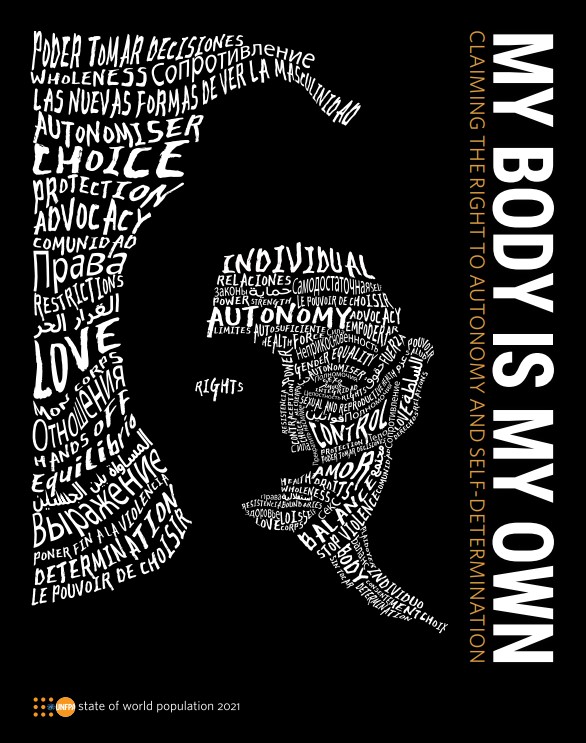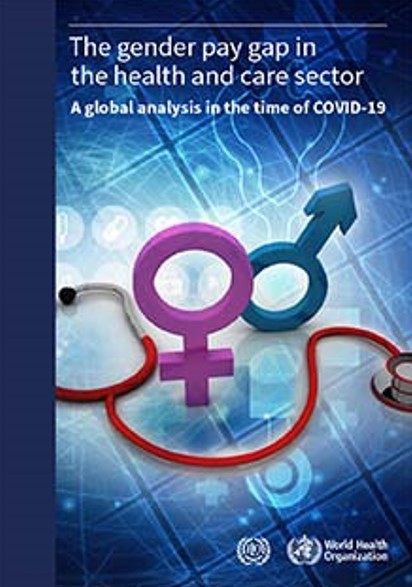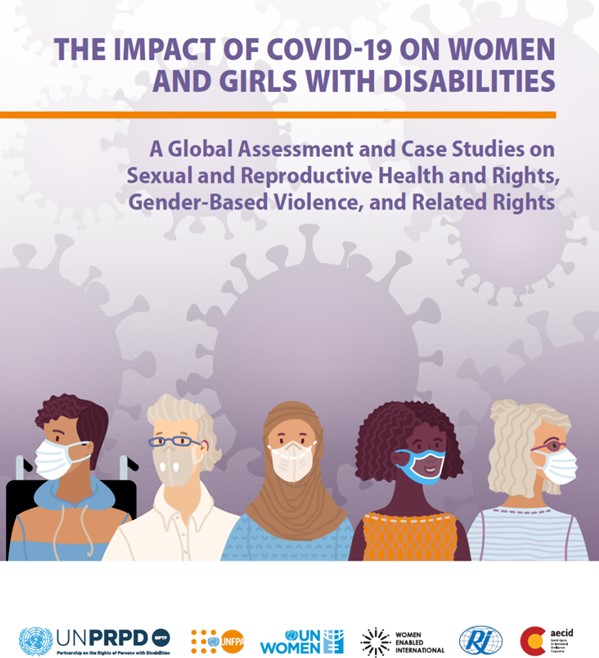UN Special Rapporteur on the Right to Physical and Mental health
Извор: WUNRN – 26.06.2021
OHCHR | Special Rapporteur on the right to physical and mental health
Press Release – Ms. Tlaleng Mofokeng, (South Africa), is the Special Rapporteur on the right to health since August 2020. The Special Rapporteur told the UN Human Rights Council Session 47 that her priorities include: Global health related to the COVID-19 pandemic, racism and the right to health and health equity. She said she would also focus on sexuality, gender-based violence and femicide during her tenure.
Strategic Priorities – Report to the Human Rights Council 2021:
A/HRC/47/28 – E – A/HRC/47/28 -Desktop (undocs.org)
B. Sexuality, gender-based violence and femicide
50. In the Declaration on the Elimination of Violence against Women, proclaimed by the General Assembly by its resolution 48/104, the term “violence against women” is defined as “any act of gender-based violence that results in, or is likely to result in, physical, sexual or psychological harm or suffering to women, including threats of such acts, coercion or arbitrary deprivation of liberty, whether occurring in public or in private life”. Pursuant to article 4 (c) of the Declaration, States should exercise due diligence to prevent, investigate and, in accordance with national legislation, punish acts of violence against women, whether those acts are perpetrated by the State or by private persons.
51. Some studies show that globally, more than one in three women (35.6 per cent) report having experienced physical and/or sexual partner violence, or sexual violence by a non[1]partner. At the global level, 38 per cent of all murders of women are committed by their intimate partners. According to the available data from 31 countries, a total of 42 per cent of women who were physically and/or sexually abused by a partner experienced physical injuries as a result. Globally, 7.2 per cent of adult women have experienced sexual violence by a non-partner.20
52. Violence against women touches the lives and livelihoods of women everywhere. It negatively affects women’s health, impedes their ability to participate fully in society, affects their enjoyment of sexual and reproductive health rights and, in many cases, denies them these rights, resulting in severe physical and mental effects that have an impact on both women and their families.
53. Violence against women and girls manifests in numerous forms, which include witchcraft- and dowry-related violence and deaths; crimes committed in the name of so[1]called “honour femicide”; domestic violence; and harmful practices, such as child and forced marriage, and female genital mutilation. It also includes sexual violence and diverse forms of it, such as forced sterilization; forced nudity; forced or denied abortions; sexual harassment; and incest and rape, including marital rape and gang rape.21 In many States, laws and policies prevent women from having equal access to land, property and housing. Economic and social discrimination limits the quality and availability of life choices, making them vulnerable to trafficking.
54. However, specific groups of women affected by various forms of discrimination, such as women with disabilities, migrant women and lesbian, bisexual and transgender women, are particularly vulnerable to violence. For example, lesbian women face violence based on their sexual orientation or gender identity. Both the Committee on the Elimination of Discrimination against Women and the Special Rapporteur on violence against women have expressed concern about the occurrence of rape targeting lesbian women with the intention of “curing” them of their sexual orientation.22
| UN Special Rapporteur on the Right to Physical and Mental Health |
Purpose of the mandate
For millions of people throughout the world, the full enjoyment of the right to the highest attainable standard of physical and mental health remains a distant goal. In many cases, this goal is becoming even harder to reach. This is especially true for those in vulnerable situations including, among others:
- indigenous peoples
- migrants and refugees
- internally displaced people
- people affected by extreme poverty
- minority communities
- people with disabilities
- people who live in residential institutions
- people in detention
- people who use drugs
- LGBT and gender diverse persons
The mandate of the Special Rapporteur on the right to physical and mental health was created to:
- Gather, request, receive and exchange information on the realization of the right of everyone to the enjoyment of the highest attainable standard of physical and mental health;
- Foster dialogue on possible cooperation with relevant actors, including Governments, the UN—and in particular WHO and UNAIDS—NGOs and financial institutions;
- Report on the realization of the right to health throughout the world, including on laws, policies, good practices and obstacles, making recommendations to promote and protect this right and to support States’ enhancement of public health; and
Address specific cases of alleged violations of the right to physical and mental health for everyone.



